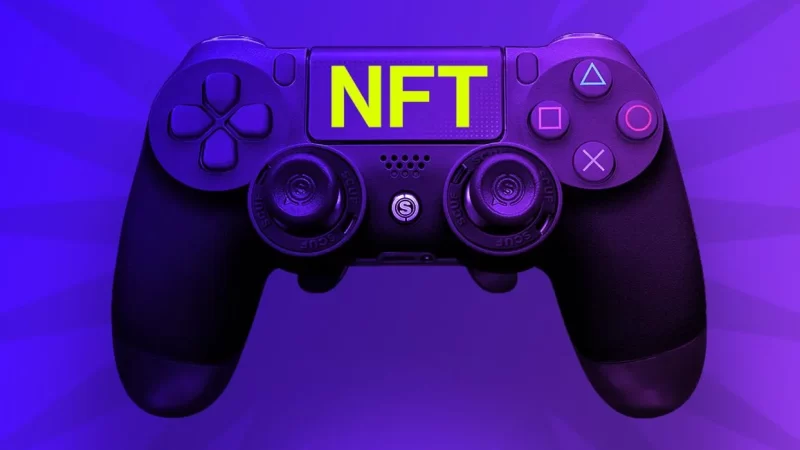Blockchain platforms secure crypto token transactions using the private key-public key technology using powerful data encryption technologies. With the technology we are currently using, these data encryption techniques are almost impossible to hack – making them safe. Furthermore, the P2E blockchain network is not susceptible to attack by a single server, so hackers won’t be able to defeat it. A blockchain network is protected by ‘Proof of Work’ or other consensus algorithms.
The blockchain prohibits hackers from deleting or altering the history of transactions in an existing network. Developing a game on the blockchain provides a secure environment for entrepreneurs and game developers alike P2E. With the advent of online gaming, people from around the world have the chance to play games with each other. Online games typically charge players expensive fees for using them.
Furthermore, even though players can use fiat currencies, they cannot use them efficiently. In addition, they needed a way of transferring their assets without having to wait days for payment processing. With blockchain, gamers no longer have to use debit or credit cards. Blockchain offers a decentralized payment method, no matter how big or small.

Even though hackers are improving at exploiting technical vulnerabilities, a scammer can’t steal information and manipulate transactions. Online fraud is most common in the gaming industry. Therefore, the industry is constantly searching for ways to save revenue. Blockchain can eliminate fraud and save billions. If you develop a blockchain game, code your smart contracts well.
Moreover, blockchain gaming prevents fraud by keeping a completely open ledger of all transactions. Blockchain-based games offer players the benefit of owning their assets, unlike non-blockchain games, which do not allow you to own your in-game purchases. As soon as the conditions coded in smart contracts have been met, they are executed automatically, and the result is irreversible. Smart contracts govern transactions using smart contracts.
As a result, players’ in-game assets are transferred to their public addresses after they buy them with smart contracts. Every player can see the rules, and the smart contracts enable complete transparency. An immutable record of smart contract execution can be found on the decentralized blockchain. A centralized agent can’t alter the public address where assets are stored. Consequently, no one can alter the ownership of any in-game assets.
It is possible, however, to change that with blockchain-based games. When players purchase digital collectibles, they can store them securely in their crypto wallets. On the Enjin Coin website, for example, you will find a wallet for players where they can secure their in-game assets and store Bitcoin and Ether.

